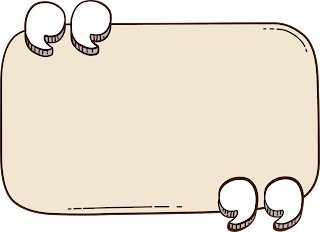Naturalism is a literary genre which refers to an attempt to create a perfect illusion of reality that reflects the way of ordinary people live. Naturalism can be described as an extreme form of realism because naturalism often deals with more relevant social issues and bigger-picture perspectives than realism. Henrik Ibsen wrote a play entitled “An Enemy of People” that adopted the naturalism genre. The story centers on a survival-of-the-fittest mindset, the roles of family, social conditions, and environmental health. There are 3 basic element of naturalism that can be found inside the story including the determinism of main character, the detail of the setting, and the plot twist ending of the play.
According to the International Journal of
English Literature and Social science, determinism, is the first characteristic
of naturalism. This element of naturalism explained how certain factors,
especially fate and environment can come together to create conflicts inside the
main character that he/she can do nothing to change it. The main conflict
inside an
Enemy of People is the collision between what Dr. Stockmann knows to be true and what
the town wants to
believe is true. Dr. Stockmann as the main character portrayed
as an idealistic man and a bright scientific with a stubborn and naïve idealist
nature. “If the only way I can be friend
of the people is to take charge of that corruption, then I am an enemy!” by
this quote in Act IV show that Dr.Stockmann is sticking to his principle to expose
the contaminated water of Baths despite he and his family being attacked. It is
such a tragic waste of human potential due to vile
circumstances witch often found in naturalistic work.
The second naturalism element to be found is the detailed
sets of the play. According to IJELS journal, environmental
factors are the primary determinant of human character. Much of the sets
happened in Dr.Stockmann’s house, editorial office, Captain Hoster’s house. The
writer put a detailed and imaginable sets. For example in act V “SCENE.—DR. STOCKMANN'S study. Bookcases and
cabinets containing specimens, line the walls. At the back is a door leading to
the hall; in the foreground on the left, a door leading to the sitting-room…” Readers can see that the writers done a good
job to create a realistic situation, beside that the story puts
great emphasis on the impact of environment which bring a good moral value for the
reader.


